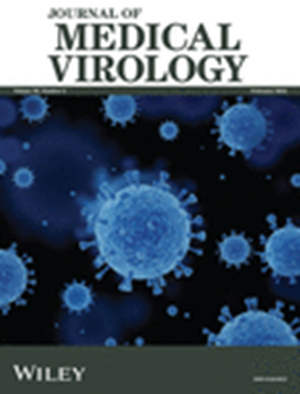Antiviral efficacy of selective estrogen receptor modulators against SARS-CoV-2 infection in vitro and in vivo reveals bazedoxifene acetate as an entry inhibitor
Abstract
Severe acute respiratory syndrome coronavirus 2 (SARS-CoV-2) is the seventh member of the coronavirus family that can infect humans. Recently, more contagious and pathogenic variants of SARS-CoV-2 have been continuously emerging. Clinical candidates with high efficacy and ready availability are still in urgent need. To identify potent anti-SARS-CoV-2 repurposing drugs, we evaluated the antiviral efficacy of 18 selective estrogen receptor modulators (SERMs) against SARS-CoV-2 infection. Six SERMs exhibited excellent anti-SARS-CoV-2 effects in Vero E6 cells and three human cell lines. Clomifene citrate, tamoxifen, toremifene citrate, and bazedoxifene acetate reduced the weight loss of hamsters challenged with SARS-CoV-2, and reduced hamster pulmonary viral load and interleukin-6 expression when assayed at 4 days postinfection. In particular, bazedoxifene acetate was identified to act on the penetration stage of the postattachment step via altering cholesterol distribution and endosome acidification. And, bazedoxifene acetate inhibited pseudoviruses infection of original SARS-CoV-2, Delta variant, Omicron variant, and SARS-CoV. These results offer critical information supporting bazedoxifene acetate as a promising agent against coronaviruses.





